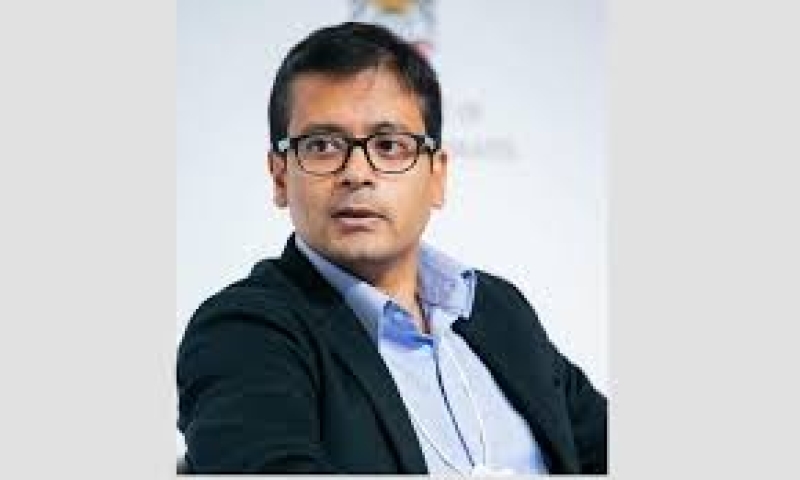- Trump considering military options on Greenland; Europe rejects |
- Fertiliser crunch threatens Kushtia’s onion boom despite high prices |
- Security Council Divided on United States' Venezuela Action |
- Over 1.53m voters register for postal balloting: Shafiqul Alam |
Lutfey Siddiqi on Backlash Against Gender Parity

Despite the clear economic benefits of gender parity, there has been a growing backlash against efforts to achieve equal rights for women. Lutfey Siddiqi, Special Envoy to Chief Adviser Professor Muhammad Yunus, believes this pushback may stem from tokenism and ineffective attempts to foster change. He pointed out that many initiatives have focused on surface-level efforts, such as hiring women in high-profile roles without creating a truly inclusive culture from the ground up.
Siddiqi argued that such shallow approaches have failed to create lasting change and could be contributing to the current resistance to gender equality in some regions. “Some of the ESG scores are reductionist, seeking a single figure that is adopted by HR and compliance, rather than fostering genuine ownership of gender equality throughout the organization,” he explained.
However, Siddiqi stressed that while these shortcomings may explain the backlash, they shouldn't undermine the broader cause. "We can’t throw out the baby with the bathwater," he cautioned, emphasizing the need to continue pursuing gender parity despite setbacks.
The session, held during the World Economic Forum Annual Meeting 2025 in Davos, also featured remarks from prominent leaders such as Anna Bjerde, Managing Director at the World Bank, who highlighted the potential global economic boost: “If women participated in the economy as actively as men, global GDP would rise by 20%.”
Katherine Garrett-Cox, CEO of Gulf International Bank, expressed frustration that gender equality is still a contentious issue in 2025, suggesting some people might view it as too challenging to address. Despite these challenges, all panelists agreed that achieving gender parity should remain a top priority. "We have a lot to learn from each other," Bjerde concluded. "But let’s not abandon this topic."

